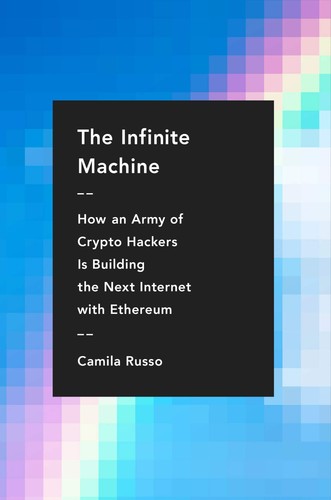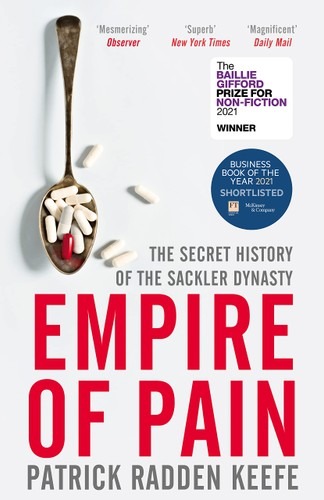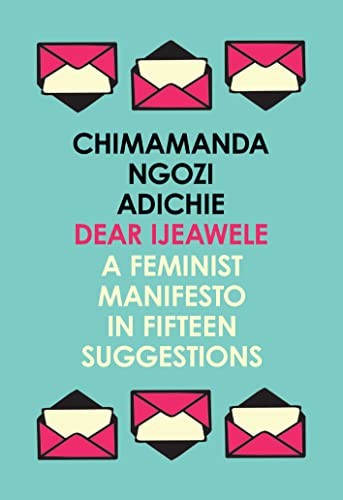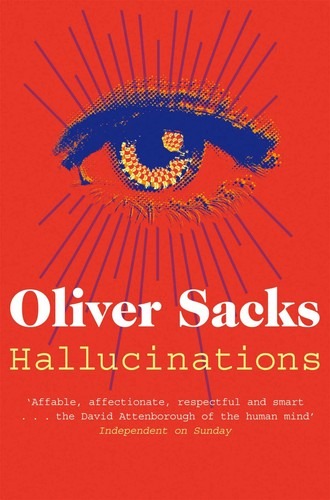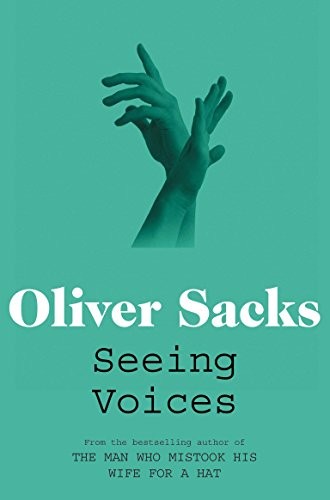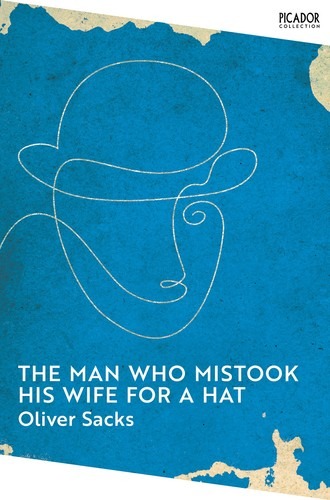The Infinite Machine: How an Army of Crypto-hackers Is Building the Next Internet with Ethereum
5.100,00 د.ج
Written with the verve of such works as The Big Short, The History of the Future, and The Spider Network, here is the fascinating, true story of the rise of Ethereum, the second-biggest digital asset in the world, the growth of cryptocurrency, and the future of the internet as we know it.
Everyone has heard of Bitcoin, but few know about the second largest cryptocurrency, Ethereum, which has been heralded as the “next internet.”
The story of Ethereum begins with Vitalik Buterin, a supremely gifted nineteen-year-old autodidact who saw the promise of blockchain when the technology was in its earliest stages. He convinced a crack group of coders to join him in his quest to make a super-charged, global computer.
The Infinite Machine introduces Vitalik’s ingenious idea and unfolds Ethereum’s chaotic beginnings. It then explores the brilliant innovation and reckless greed the platform―an infinitely adaptable foundation for experimentation and new applications―has unleashed and the consequences that resulted as the frenzy surrounding it grew: increased regulatory scrutiny, incipient Wall Street interest, and the founding team’s effort to get the Ethereum platform to scale so it can eventually be accessible to the masses.
Financial journalist and cryptocurrency expert Camila Russo details the wild and often hapless adventures of a team of hippy-anarchists, reluctantly led by an ambivalent visionary, and lays out how this new foundation for the internet will spur both transformation and fraud―turning some into millionaires and others into felons―and revolutionize our ideas about money.
Written with the verve of such works as The Big Short, The History of the Future, and The Spider Network, here is the fascinating, true story of the rise of Ethereum, the second-biggest digital asset in the world, the growth of cryptocurrency, and the future of the internet as we know it.
Everyone has heard of Bitcoin, but few know about the second largest cryptocurrency, Ethereum, which has been heralded as the “next internet.”
The story of Ethereum begins with Vitalik Buterin, a supremely gifted nineteen-year-old autodidact who saw the promise of blockchain when the technology was in its earliest stages. He convinced a crack group of coders to join him in his quest to make a super-charged, global computer.
The Infinite Machine introduces Vitalik’s ingenious idea and unfolds Ethereum’s chaotic beginnings. It then explores the brilliant innovation and reckless greed the platform―an infinitely adaptable foundation for experimentation and new applications―has unleashed and the consequences that resulted as the frenzy surrounding it grew: increased regulatory scrutiny, incipient Wall Street interest, and the founding team’s effort to get the Ethereum platform to scale so it can eventually be accessible to the masses.
Financial journalist and cryptocurrency expert Camila Russo details the wild and often hapless adventures of a team of hippy-anarchists, reluctantly led by an ambivalent visionary, and lays out how this new foundation for the internet will spur both transformation and fraud―turning some into millionaires and others into felons―and revolutionize our ideas about money.
| Editeur |
|---|
Produits similaires
We Should All Be Feminists
What does “feminism” mean today? That is the question at the heart of We Should All Be Feminists, a personal, eloquently-argued essay – adapted from her much-viewed Tedx talk of the same name – by Chimamanda Ngozi Adichie, the award-winning author of ‘Americanah’ and ‘Half of a Yellow Sun’. With humour and levity, here Adichie offers readers a unique definition of feminism for the twenty-first century – one rooted in inclusion and awareness. She shines a light not only on blatant discrimination, but also the more insidious, institutional behaviours that marginalise women around the world, in order to help readers of all walks of life better understand the often masked realities of sexual politics. Throughout, she draws extensively on her own experiences – in the U.S., in her native Nigeria – offering an artfully nuanced explanation of why the gender divide is harmful for women and men, alike. Argued in the same observant, witty and clever prose that has made Adichie a best-selling novelist, here is one remarkable author’s exploration of what it means to be a woman today – and an of-the-moment rallying cry for why we should all be feminists.
Dear Ijeawele, or a Feminist Manifesto in Fifteen Suggestions
A few years ago, Chimamanda Ngozi Adichie received a letter from a dear friend from childhood, asking how to raise her new baby girl a feminist.
Although she has written and spoken out widely about feminism, Adichie wasn't sure how to advise her friend Ijeawele. But as a person who'd babysat, had loved her nieces and nephews, and now, too, was the mother of a daughter herself, she thought she would try. So she sent Ijeawele a letter with some suggestions--15 in all--which she has now decided to share with the world.
Compelling, direct, wryly funny, and perceptive, Dear Ijeawele offers specifics on how we can empower our daughters to become strong, independent women. Here, too, are ways parents can raise their children--both sons and daughters--beyond a culture's limiting gender prescriptions. This short, sharp work rings out in Chimamanda's voice: infused with deep honesty, clarity, strength, and above all love. She speaks to the important work of raising a girl in today's world, and provides her readers with a clear proposal for inclusive, nuanced thinking. Here we have not only a rousing manifesto, but a powerful gift for all people invested in the idea of creating a just society--an endeavour now more urgent and important than ever.
Hallucinations
Musicophilia: Tales of Music and the Brain
Seeing Voices: A Journey into the World of the Deaf
The Man Who Mistook His Wife for a Hat
If a man has lost a leg or an eye, he knows he has lost a leg or an eye; but if he has lost a self – himself – he cannot know it, because he is no longer there to know it.
In this extraordinary book, Dr. Oliver Sacks recounts the stories of patients struggling to adapt to often bizarre worlds of neurological disorder. Here are people who can no longer recognize everyday objects or those they love; who are stricken with violent tics or shout involuntary obscenities, and yet are gifted with unusually acute artistic or mathematical talents. If sometimes beyond our surface comprehension, these brilliant tales illuminate what it means to be human.
A provocative exploration of the mysteries of the human mind, The Man Who Mistook His Wife for a Hat is a million-copy bestseller by the twentieth century's greatest neurologist.
Part of the Picador Collection, a series showcasing the best of modern literature.

